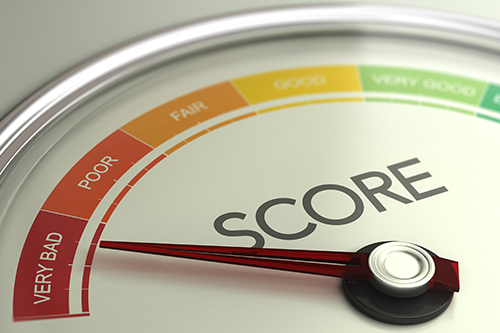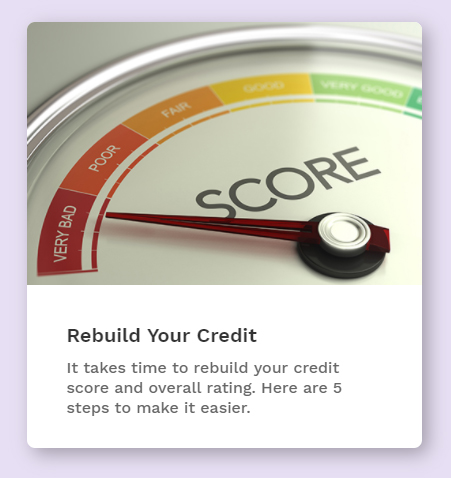How to Get a Better Handle on How You Use Credit
Q: Our daughter is in high school. She came home with an assignment to learn about credit and it got us thinking about how often we reach for a credit card. We don’t have a good budget and should probably do something about our debts. What can we do to get a better handle on how we use credit?
A: High school is a good time for students to start learning about credit, and more importantly, how to avoid getting into trouble with debt. Here are a few things to consider as you look to learn a little more yourselves:
Test Yourself and See if You’re Relying on Credit Cards
Many people make the mistake of thinking that credit is just like cash. Help your daughter understand that with credit you are using money that you still need to earn, to pay for things you’ve already bought or done. Once all the bills start adding up, the monthly payments can take a big chunk out of each pay cheque. One way to determine if you’re relying on your credit cards too much is to go without for a month. Put all of your cards away and temporarily block access to your line of credit on your debit card. You’ll discover very quickly if you’re using credit to make ends meet or simply for convenience.
Ways to Prevent Credit Problems
Not including your mortgage, your monthly credit payments should never exceed 20 percent of your take-home pay. This will allow you to manage unforeseen circumstances and also protect your credit rating. The trick with having a good credit rating is balancing how much you spend with how you use credit and manage your personal finances overall. Once a credit rating has been bruised, there’s no trick to re-building your credit score, just time and hard work to make more responsible choices that reflect positively going forward.
The Rewards of Managing Credit Well – Less Stress and Worry and Less Debt
A greatly overlooked benefit of managing your money well is that you’ll have money available to spend later, also known as savings. When people think of savings, they think about retirement or having money to pay for their children’s education. These are important long-term goals, however money in the bank also serves a more immediate purpose; being able to manage if the going gets tough or if an unexpected emergency or opportunity comes your way. Having cash in a savings account lets you pay for car repair bills and other items without reaching for a credit card or worrying about how you’ll pay for them later.
When it comes right down to it, the biggest threat to our money is us. Savings is your reward for developing a realistic budget, planning ahead and making wise spending choices.






0 Comments